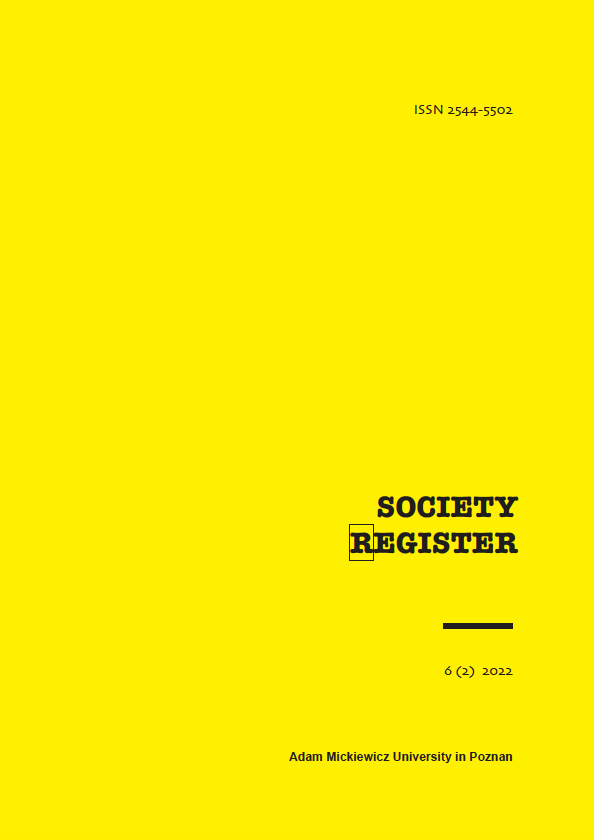Enhancement of constructivist and procedural concepts of good citizenship and civic identity in the Czech educational framework
Enhancement of constructivist and procedural concepts of good citizenship and civic identity in the Czech educational framework
Author(s): Jan KvětinaSubject(s): School education, Sociology of Education
Published by: Uniwersytet Adama Mickiewicza
Keywords: civic education; Czech schooling system; ethnic nationalism; constructivism; procedural concept of democracy; agonist democracy; concept of liberty;
Summary/Abstract: This paper identifies the main flaws, dilemmas and challenges concerning the concept of civic education and teaching democracy in the Czech schooling system after 1989. Special focus is placed on the urgent need for the application of more pluralist, constructivist and procedural approaches that would enhance the traditional concepts of social science education based on facts and typologies. In this regard, methods and trends promoting the principle of civic education as a multidimensional and everyday phenomenon are applied, since such understanding of civic identity has become even more urgent in recent two years with the reflection of issues concerning the SARS‑CoV‑2 situation. To suggest and analyse possible means to this end, the study outlines two dominant causes of the low prestige and effectivity of civic education in the Czech Republic: first, the implicitly ideological and universalist character of the current national curriculum, which is not able to accept social values as a permanently flowing and contextually based discourse; second, the prevalence of ethnic attributes in the process of national identification which impede any relevant efforts to treat collective identity and citizenship in an open pluralist way. Nonetheless, the main focus of the paper lies in its empirical part where the fundamental pillars and particular activities from the current EU project—realised at several Czech universities and grammar schools in recent three years—are both presented and analysed. On the basis of this project analysis, the paper aims to demonstrate that together with the implementation of procedural, interpretative and constructivist understanding of social reality, even more radical questions—linked to postmodern democratic theory—such as the notion of agonist democracy, the impact of social networks, the reflection of instrumental manipulative behaviour as well as more unbiased interpretations of human liberty should be addressed in the Czech current educational discourse as well.
Journal: Society Register
- Issue Year: 6/2022
- Issue No: 2
- Page Range: 35-60
- Page Count: 26
- Language: English

